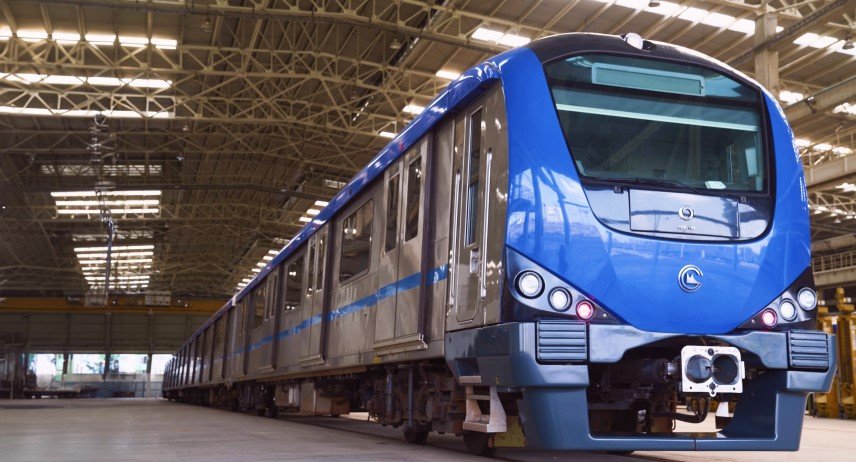In a significant development for Chennai’s public transport infrastructure, Chief Minister M.K. Stalin will inaugurate the test run of the first driverless metro train next week at the Poonamallee depot. This marks a crucial milestone for the Chennai Metro Rail phase II project, which spans 118.9 kilometres, introducing advanced technology in urban mobility to the region. The driverless Unattended Train Operation (UTO) train set, produced by Alstom, was delivered to Chennai Metro Rail Limited (CMRL) in September and reached the Poonamallee depot on October 17, after completing rigorous initial testing at Alstom’s facility in Sricity. This first test run, overseen by the Chief Minister and the Union Minister of Housing and Urban Affairs, represents the beginning of a significant transformation for Chennai’s metro system.
This project aims to enhance operational efficiency, with the train undergoing several static and dynamic trials. Safety checks and verifications will follow before passenger services can commence on priority Corridor 4, between Light House and Poonamallee Bus Depot. Full-scale operations between Poonamallee and Porur Junction are expected to be operational by the end of 2025. Chennai Metro’s phase II project, supported by a ₹1,215.92-crore contract with Alstom, will see the delivery of 36 driverless UTO train sets, each consisting of three cars, bringing state-of-the-art technology to the city’s expanding metro network. This initiative is expected to provide a cleaner, more efficient mode of urban transportation, contributing to sustainable urban mobility and reducing the city’s carbon footprint.
The adoption of driverless metro trains aligns with Chennai’s broader sustainability goals, addressing both environmental concerns and urban mobility challenges. The phase II project is expected to significantly reduce traffic congestion and pollution, with metro rail emerging as an eco-friendly alternative to private vehicles. By investing in such forward-thinking transport solutions, the city takes a step towards reducing its overall carbon footprint and enhancing air quality, while promoting sustainable growth in public infrastructure. This project is also a major civic initiative, offering significant benefits to commuters by providing a reliable, fast, and eco-friendly transport solution. The integration of advanced technology such as UTO in Chennai’s metro system exemplifies how urban development is increasingly focusing on smarter, greener solutions. With more efficient transport modes, Chennai can alleviate some of the pressure on its already congested roads, contributing to improved quality of life for its residents.


